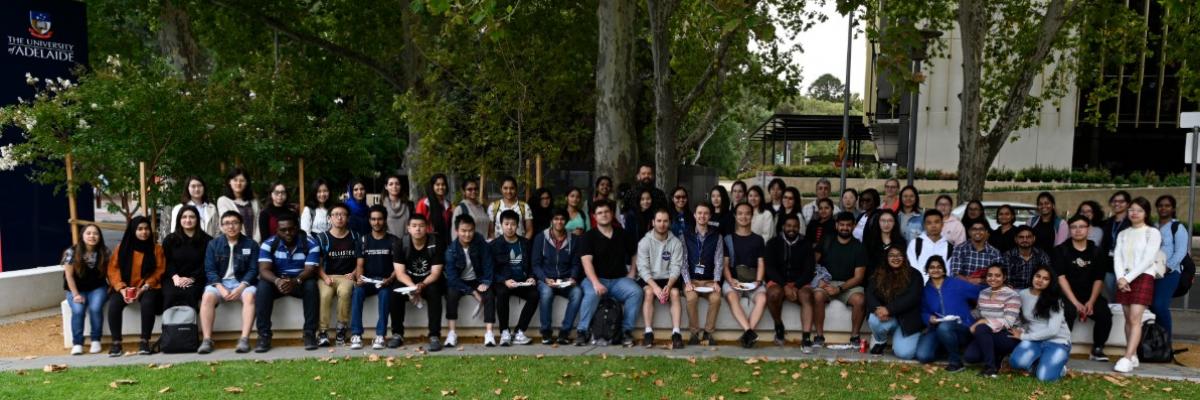Building understanding of Academic Integrity
Dr Alistair Standish has implemented a three-pronged educational approach to improve both understanding and performance.
Students in the Master of Biotechnology form a diverse cohort with undergraduate degrees from a wide range of countries. Their levels of understanding about academic integrity and how to demonstrate it are therefore also diverse.
‘The problem appeared to be genuine misunderstanding’, said Dr Alistair Standish (School of Biological Sciences). ‘So, our challenge was how to educate students about what academic integrity is and how it is demonstrated’. Alistair has implemented a programmatic view to reducing academic integrity breaches through education. ‘In the past we had a statement about plagiarism on assignment briefs which students might not even read’. There were also training sessions with Faculty librarians in a core course, but Alistair thought more was needed and has developed three steps for an educative approach.

Dr Alistair Standish
The first step is diagnostic. Using the MyUni quiz tool, students in core courses answer questions on types of academic integrity breaches. This allows educators to see what students are confused about which can then be addressed in class. Importantly, it is also a record of what they do understand which can assist in dealing with any subsequent suspected breaches. Using a MyUni function recently learnt from a colleague in an ADEPT session, Alistair requires students to take the quiz prior to submitting the first assignment in each core course. Doing this each semester will ensure all students in the program are starting on the right foot.
Educating students about how the text matching tool, Turnitin can be used by both staff and students is the next step. ‘I have an example assignment that we look at together in Turnitin’, explains Alistair. ‘They can see what I would see, and I explain the score only indicates the matches, so there is no set number they need to meet’.
He provides students with multiple opportunities to upload their assignments into Turnitin and encourages them to use it as a tool to improve the academic integrity of their work.
Alistair’s final step is to ensure students know what happens once a breach is suspected. ‘I am learning about the new policy and procedures to I can pass that on to students’, he explains. Even when there is a case of suspected cheating, Alistair believes the process should be educative and the wellbeing of students is paramount. ‘I recommend the Mental Health First Aid training as it helped me to feel more confident in managing what can be really stressful situations’.
For more information and resources please visit the Academic Integrity section on the Learning and Teaching website, or email us.
Story by Melanie Brown, Manager, Curriculum Design and Academic Development - Division of Academic & Student Engagement

One cohort of students who have benefited from Alastair's three-pronged educational approach to Academic Integrity
